Home>Furniture & Design>Interior Design Trends>Why Are Glass Bottles Better Than Plastic
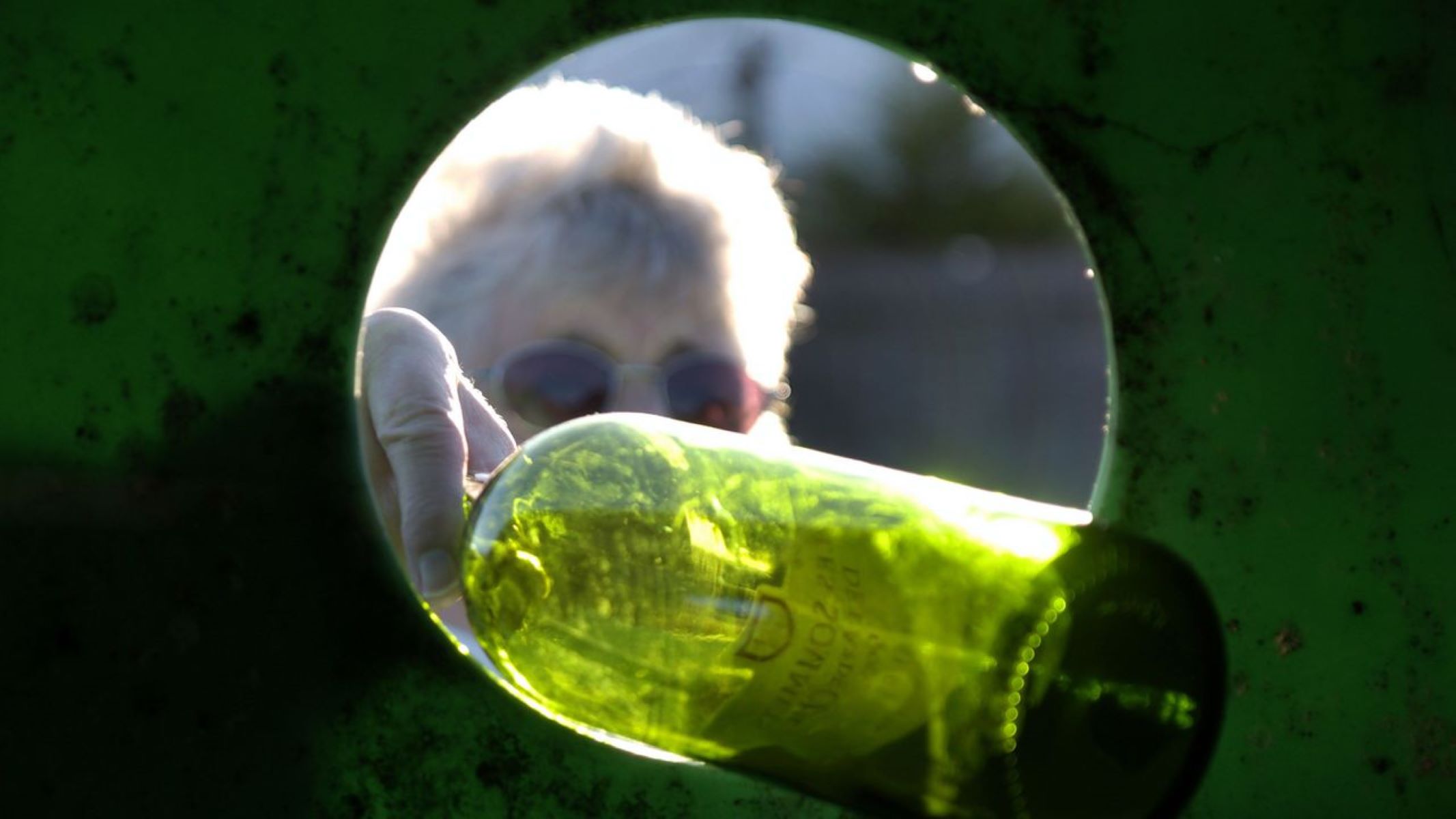

Interior Design Trends
Why Are Glass Bottles Better Than Plastic
Published: February 6, 2024
Discover the latest interior design trends with our guide on why glass bottles are better than plastic. Explore the benefits and make sustainable choices for your home.
(Many of the links in this article redirect to a specific reviewed product. Your purchase of these products through affiliate links helps to generate commission for Storables.com, at no extra cost. Learn more)
Environmental Impact
Glass bottles have a significantly lower environmental impact compared to plastic bottles. The production of glass involves natural raw materials such as sand, soda ash, and limestone, which are abundant and easily accessible. In contrast, plastic bottles are derived from non-renewable fossil fuels, primarily petroleum and natural gas. The extraction and processing of these resources contribute to environmental degradation and carbon emissions, exacerbating the global climate crisis.
Moreover, glass is 100% recyclable without any loss of quality or purity. When recycled, it can be used to create new glass bottles indefinitely, reducing the demand for raw materials and energy. On the other hand, plastic bottles are challenging to recycle efficiently due to the different types of plastic used in their production. This leads to a high percentage of plastic bottles ending up in landfills or polluting natural ecosystems, posing a severe threat to wildlife and marine life.
The durability of glass also plays a crucial role in its environmental impact. Glass bottles have a longer lifespan than plastic bottles and can be reused multiple times without compromising their quality or safety. This reduces the overall production and disposal of single-use containers, minimizing the environmental footprint associated with packaging waste.
In terms of biodegradability, glass outshines plastic once again. If not recycled, glass bottles will eventually break down into harmless, inert substances in the environment. Conversely, plastic bottles can take hundreds of years to decompose, releasing harmful chemicals and microplastics into the soil and water during the process.
Considering these factors, it is evident that choosing glass bottles over plastic can significantly contribute to reducing the environmental burden associated with beverage packaging. The sustainable nature of glass aligns with the growing global emphasis on eco-friendly practices and the urgent need to mitigate the impact of human activities on the planet.
Key Takeaways:
- Glass bottles are better for the environment than plastic ones. They are made from natural materials, can be recycled endlessly, and break down harmlessly if not recycled. Choosing glass helps reduce pollution and waste.
- Glass bottles are healthier and keep beverages tasting fresh. They don’t leak harmful chemicals into drinks, are easy to clean, and preserve the original flavors. Choosing glass ensures safer, better-tasting drinks for everyone.
Read more: Why Is Glass Better Than Plastic
Health Concerns
The choice between glass and plastic bottles extends beyond environmental considerations; it also encompasses significant implications for human health. When evaluating the health concerns associated with beverage packaging, it becomes evident that glass bottles offer distinct advantages over their plastic counterparts.
One of the primary health concerns related to plastic bottles is the potential leaching of harmful chemicals into the contents they hold. Bisphenol A (BPA) and phthalates, commonly used in the production of plastic bottles, have raised substantial concerns due to their potential adverse effects on human health. These chemicals can migrate from the plastic into the beverages, especially under conditions of heat or prolonged storage, posing a risk of ingestion upon consumption. Research has linked BPA and phthalates to various health issues, including hormonal disruptions, reproductive disorders, and developmental abnormalities, raising alarms about the safety of plastic bottle usage.
In contrast, glass bottles provide an inert and non-reactive container for beverages, ensuring that no harmful substances are introduced into the contents. The non-porous nature of glass prevents any interaction between the bottle and its contents, preserving the purity and integrity of the beverages without compromising consumer safety. This inherent property of glass makes it an ideal choice for individuals seeking to minimize their exposure to potentially hazardous chemicals commonly associated with plastic packaging.
Furthermore, concerns regarding the hygiene and cleanliness of beverage containers are paramount in the context of health. Glass bottles offer a distinct advantage in this regard, as they are non-permeable and impermeable, preventing the absorption of odors, flavors, or residual bacteria. This feature not only ensures the preservation of the beverage's original taste and quality but also simplifies the cleaning and sterilization process, reducing the risk of bacterial contamination and maintaining optimal hygiene standards.
Another critical aspect of health concerns pertains to the impact of packaging materials on the overall sensory experience of consuming beverages. Glass bottles are renowned for preserving the taste, aroma, and freshness of beverages, as they do not impart any unwanted flavors or odors. This ensures that consumers can enjoy their drinks in their purest form, free from any potential tainting or alteration caused by the packaging itself.
In summary, the health concerns associated with beverage packaging underscore the superiority of glass bottles over plastic in safeguarding consumer well-being. By mitigating the risks of chemical leaching, ensuring hygienic integrity, and preserving the sensory attributes of beverages, glass bottles emerge as the preferred choice for individuals prioritizing health-conscious consumption practices.
Glass bottles are better than plastic because they are reusable, don’t leach harmful chemicals, and can be recycled endlessly without losing quality. Choose glass for a safer and more sustainable option.
Quality and Taste
The choice of packaging material significantly influences the quality and taste of beverages, making it a pivotal factor in consumer preferences and satisfaction. When evaluating the impact of packaging on these crucial aspects, glass bottles emerge as the superior option, offering unparalleled advantages over plastic containers.
Glass, renowned for its inert and non-reactive properties, serves as an ideal vessel for preserving the original quality and taste of beverages. Unlike plastic, glass does not impart any unwanted flavors or odors to the contents it holds. This ensures that the inherent characteristics of the beverages, whether it's the crispness of a carbonated drink or the delicate notes of a premium wine, remain unaltered and uncompromised. The absence of flavor or aroma interference from the packaging material allows consumers to experience the full depth and authenticity of their chosen beverages, enhancing their overall enjoyment and satisfaction.
Furthermore, the impermeable nature of glass prevents any interaction between the bottle and its contents, safeguarding the integrity of the beverages. This ensures that the taste profile and sensory attributes of the drinks remain consistent throughout the storage and consumption period. Whether it's a refreshing fruit juice, a robust craft beer, or a sophisticated spirit, the use of glass bottles preserves the nuanced flavors and delicate nuances that define each beverage, elevating the overall drinking experience for consumers.
In contrast, plastic bottles, due to their porous nature, are susceptible to absorbing and retaining residual flavors and odors from previous contents, leading to potential cross-contamination and flavor tainting. This can result in an altered taste experience for consumers, detracting from the intended flavor profile of the beverages. Additionally, the permeability of plastic may lead to gradual gas exchange, affecting the carbonation levels of carbonated drinks and diminishing their effervescence over time, thereby compromising their quality and appeal.
The visual appeal of glass bottles also contributes to the perceived quality of the beverages. The transparent and lustrous appearance of glass showcases the clarity and color of the contents, enhancing the visual allure of the products. This transparency allows consumers to visually assess the quality and purity of the beverages, fostering a sense of trust and confidence in their choices.
In essence, the use of glass bottles not only safeguards the original quality and taste of beverages but also enhances the overall sensory experience for consumers. By preserving the authenticity, flavor integrity, and visual appeal of the contents, glass packaging reinforces the premium and uncompromising nature of the beverages it houses, resonating with discerning consumers seeking unparalleled quality and taste in their drinking experiences.
Reusability and Recyclability
The reusability and recyclability of packaging materials play a pivotal role in shaping sustainable consumption practices and environmental stewardship. When evaluating the potential of glass and plastic bottles in these aspects, it becomes evident that glass bottles offer compelling advantages that align with the principles of circular economy and resource conservation.
Glass bottles are renowned for their exceptional reusability, allowing them to be effectively repurposed multiple times without compromising their structural integrity or safety. The durable nature of glass enables it to withstand rigorous cleaning and sterilization processes, making it an ideal candidate for reuse in various beverage applications. Whether it's the iconic returnable glass soda bottles or the versatile refillable glass water bottles, the potential for extended use cycles distinguishes glass as a sustainable and cost-effective packaging solution.
Furthermore, the inherent properties of glass contribute to its recyclability, positioning it as a valuable asset in closed-loop material systems. Glass is 100% recyclable without any loss of quality or purity, making it an infinitely renewable resource for the production of new bottles and containers. The recycling process for glass involves crushing and melting the collected glass cullet, resulting in the creation of new glass products without the need for additional raw materials. This closed-loop approach significantly reduces the demand for virgin resources and minimizes the energy consumption associated with glass production, contributing to substantial environmental benefits.
In contrast, the recyclability of plastic bottles presents significant challenges due to the diverse types of plastic used in their manufacturing. The complexities of plastic recycling, compounded by issues such as contamination, sorting inefficiencies, and limited market demand for recycled plastic, hinder the establishment of robust closed-loop systems for plastic packaging. As a result, a considerable percentage of plastic bottles end up in landfills or incineration facilities, perpetuating the linear "take-make-dispose" model and exacerbating the global plastic pollution crisis.
The reusability and recyclability of glass bottles not only align with sustainable waste management practices but also contribute to the conservation of natural resources and the reduction of carbon emissions. By embracing the circular principles of reuse and recycling, glass bottles emerge as a tangible embodiment of a regenerative and responsible approach to packaging, offering a compelling pathway towards a more sustainable and resilient future.
In essence, the reusability and recyclability of glass bottles underscore their pivotal role in advancing the principles of circular economy and sustainable resource management, positioning them as a preferred choice for environmentally conscious consumers and businesses committed to minimizing their ecological footprint.
Frequently Asked Questions about Why Are Glass Bottles Better Than Plastic
Was this page helpful?
At Storables.com, we guarantee accurate and reliable information. Our content, validated by Expert Board Contributors, is crafted following stringent Editorial Policies. We're committed to providing you with well-researched, expert-backed insights for all your informational needs.
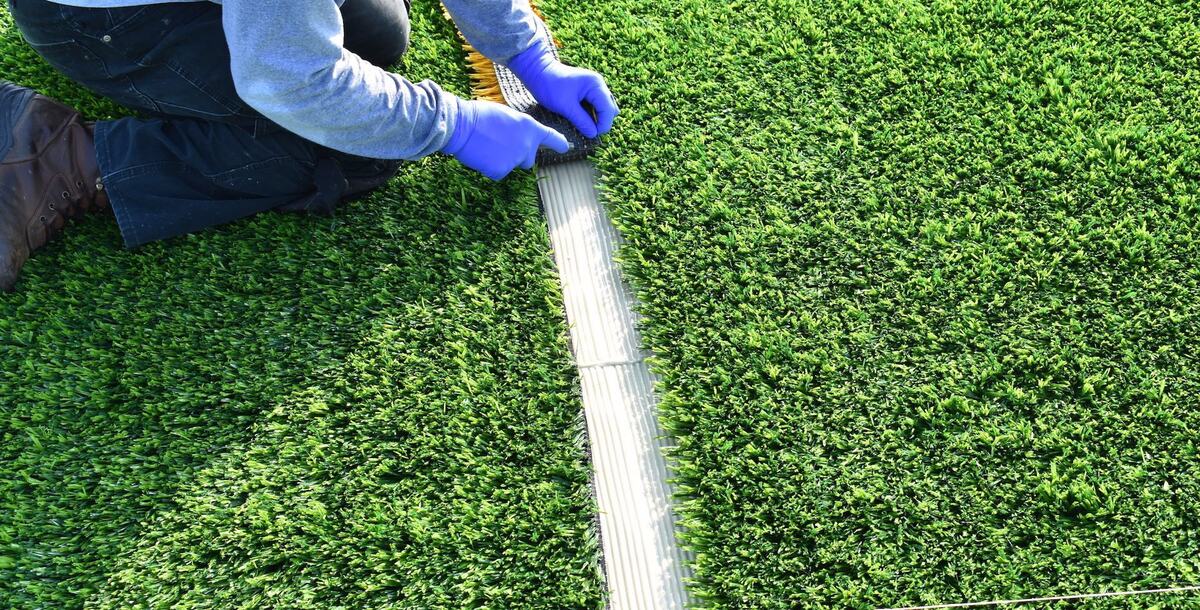

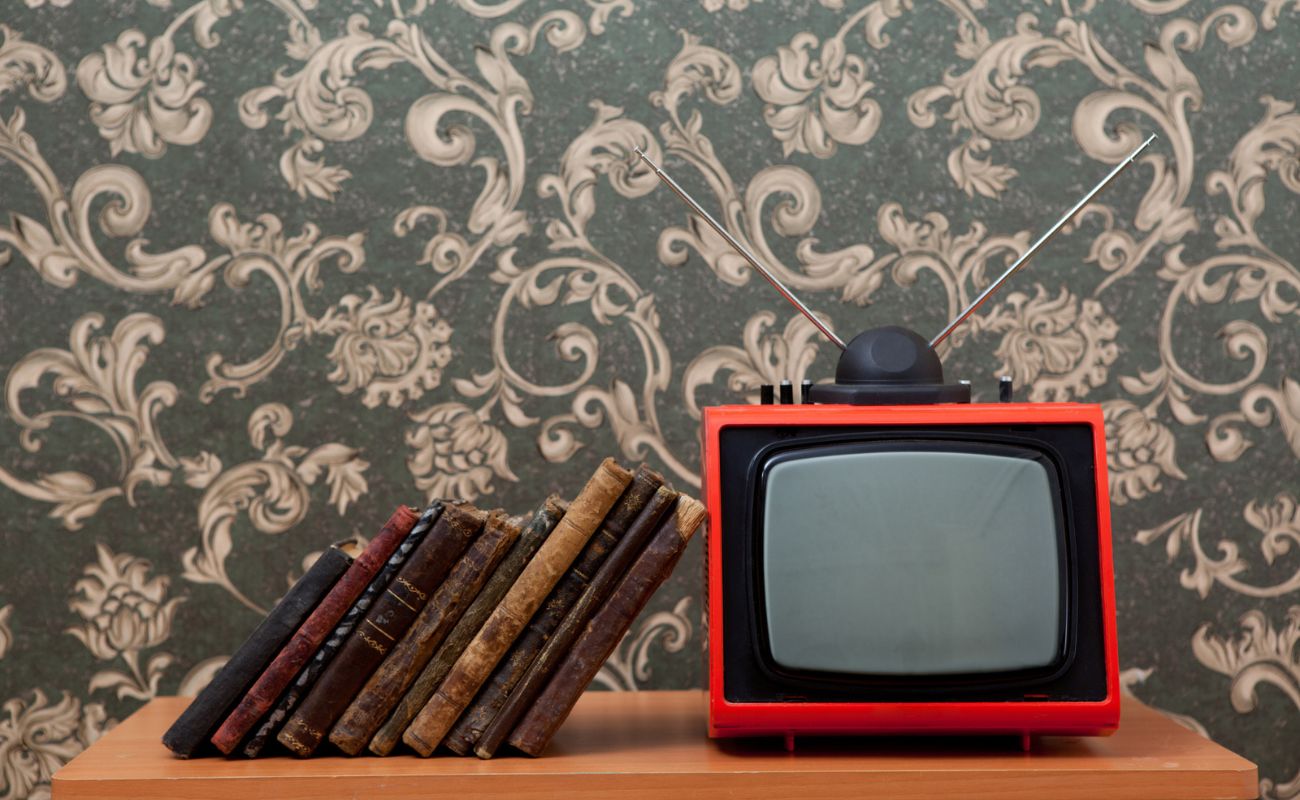
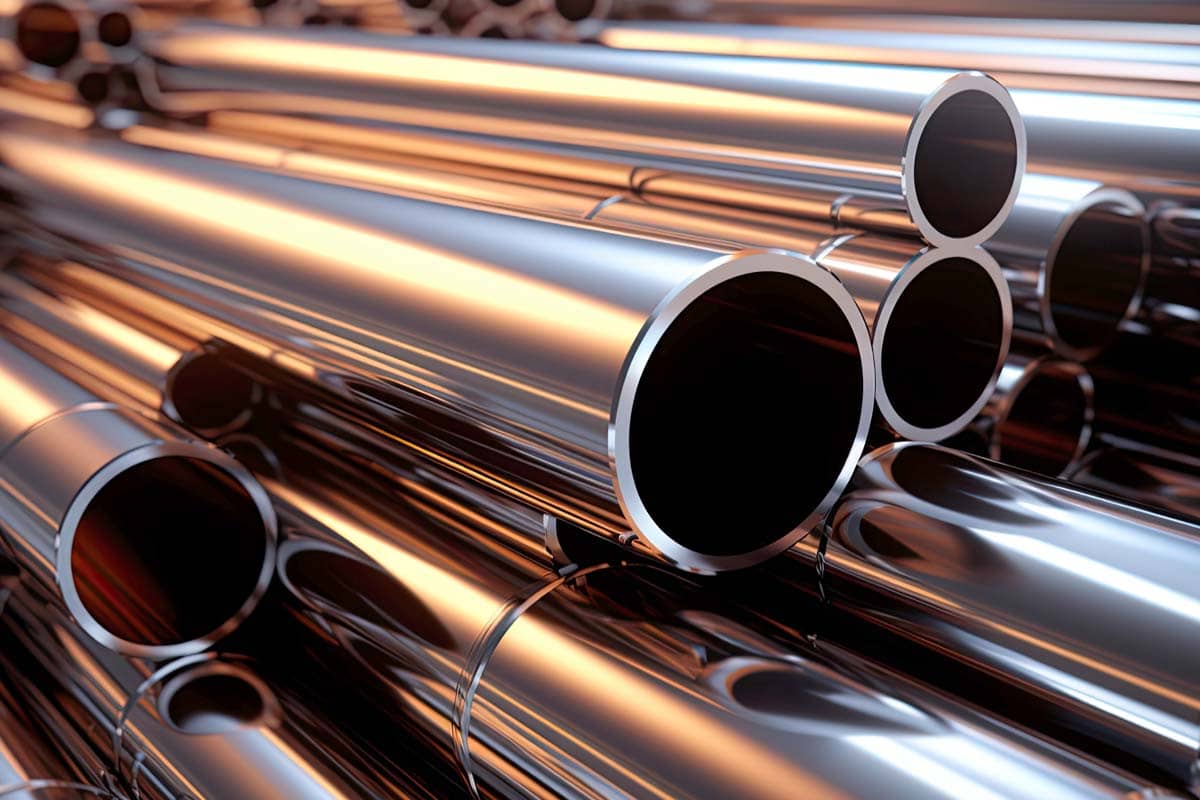
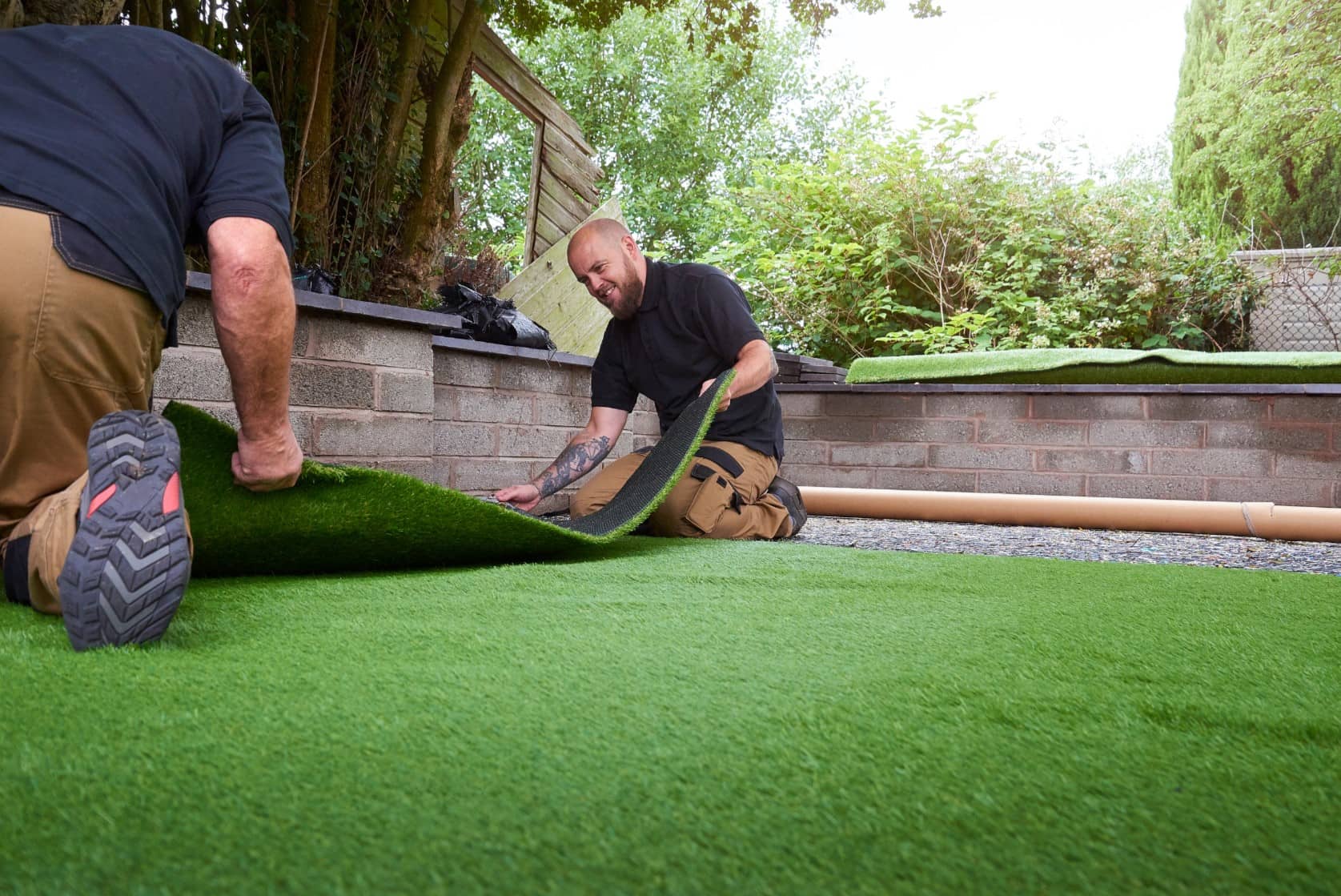
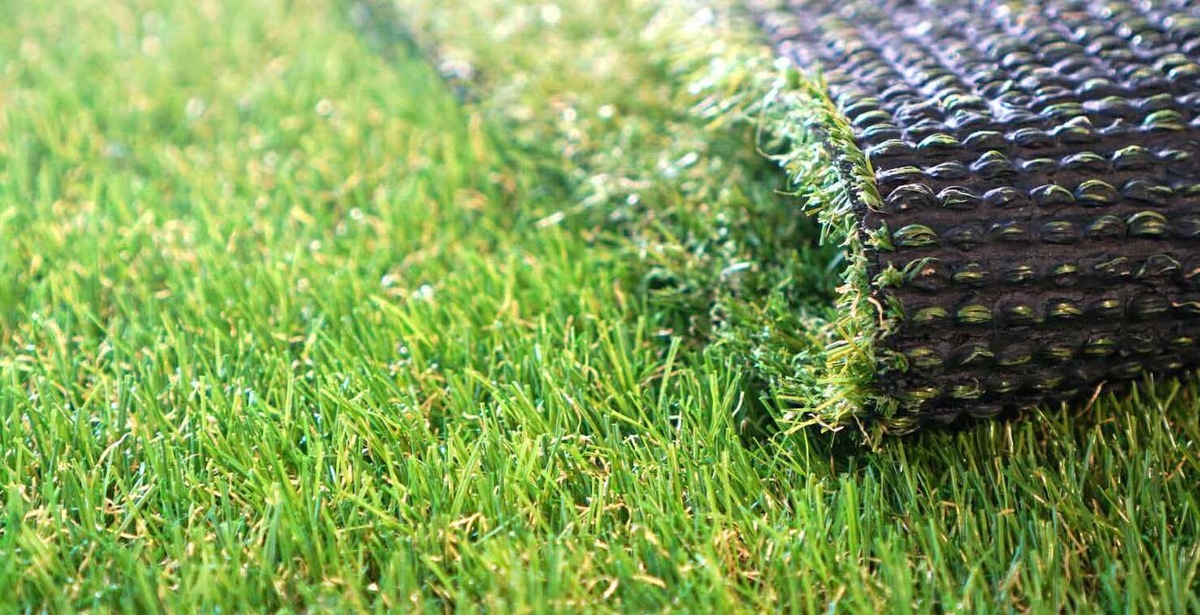


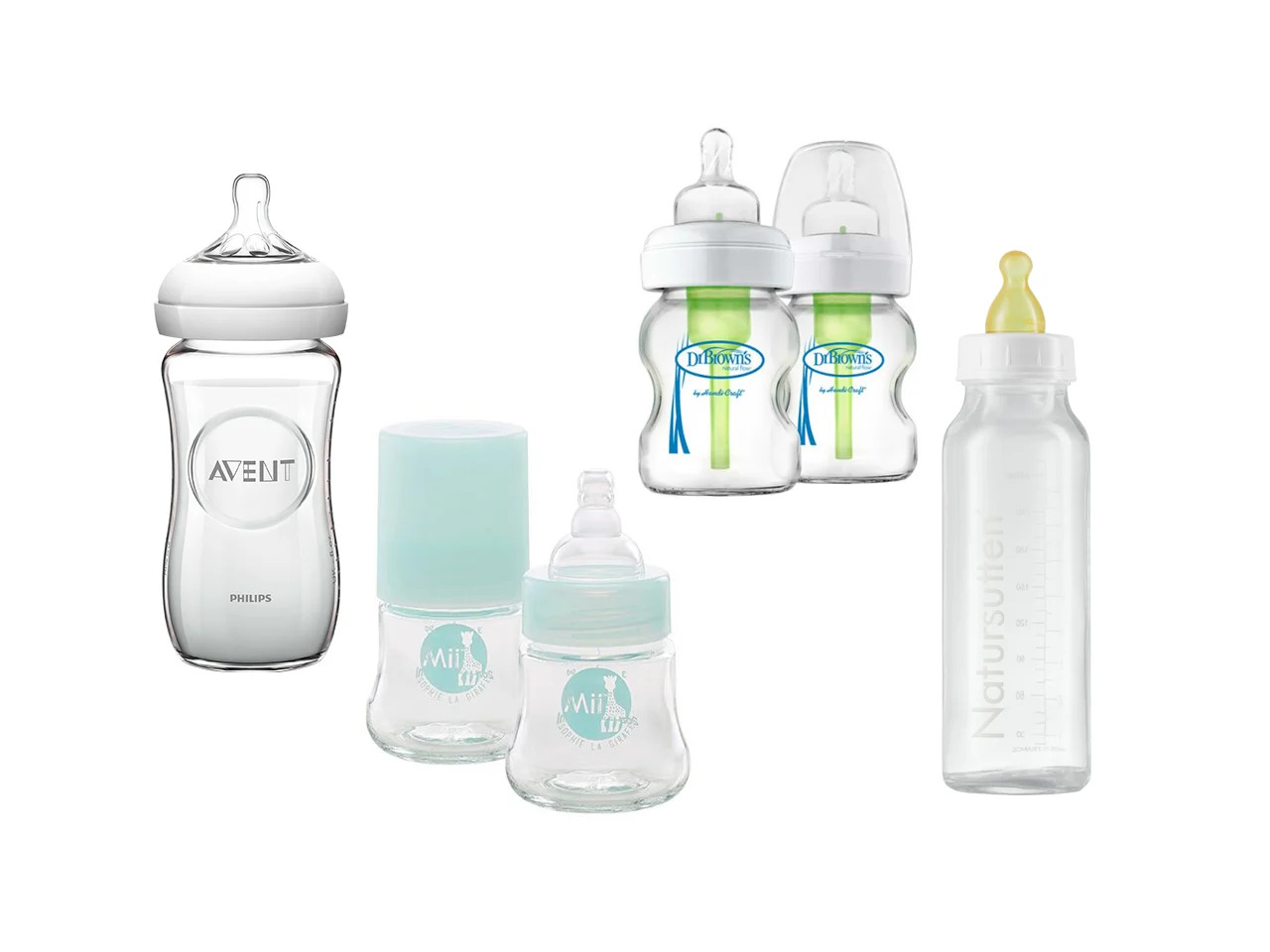
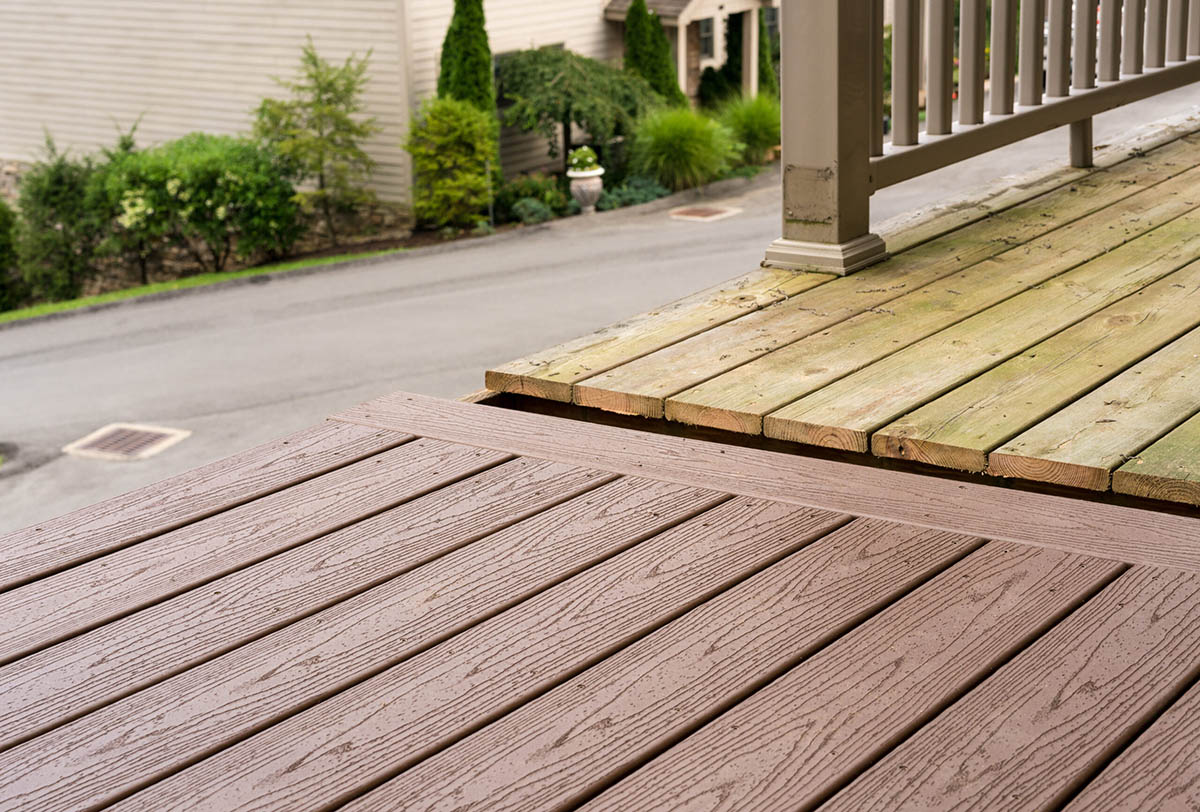

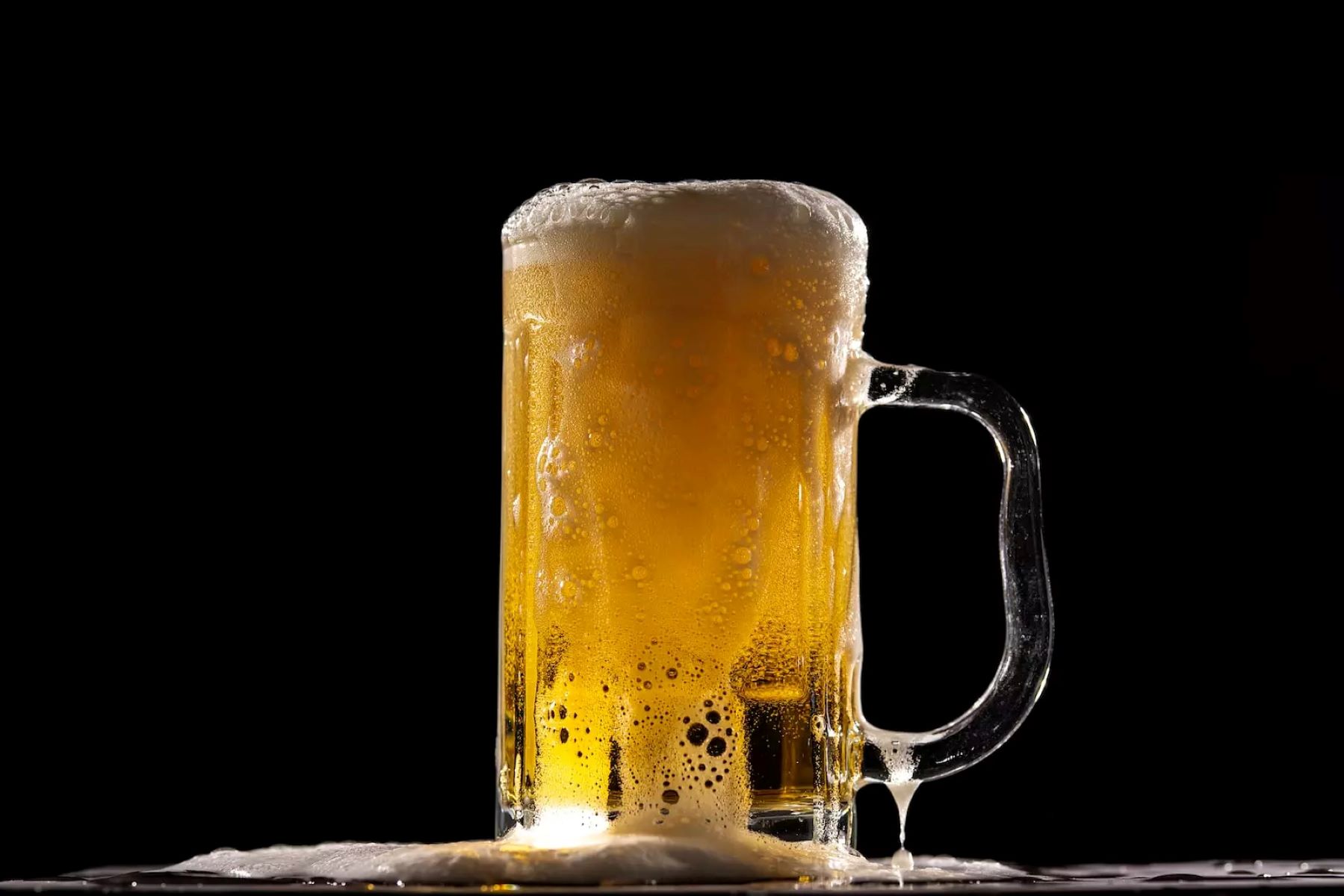
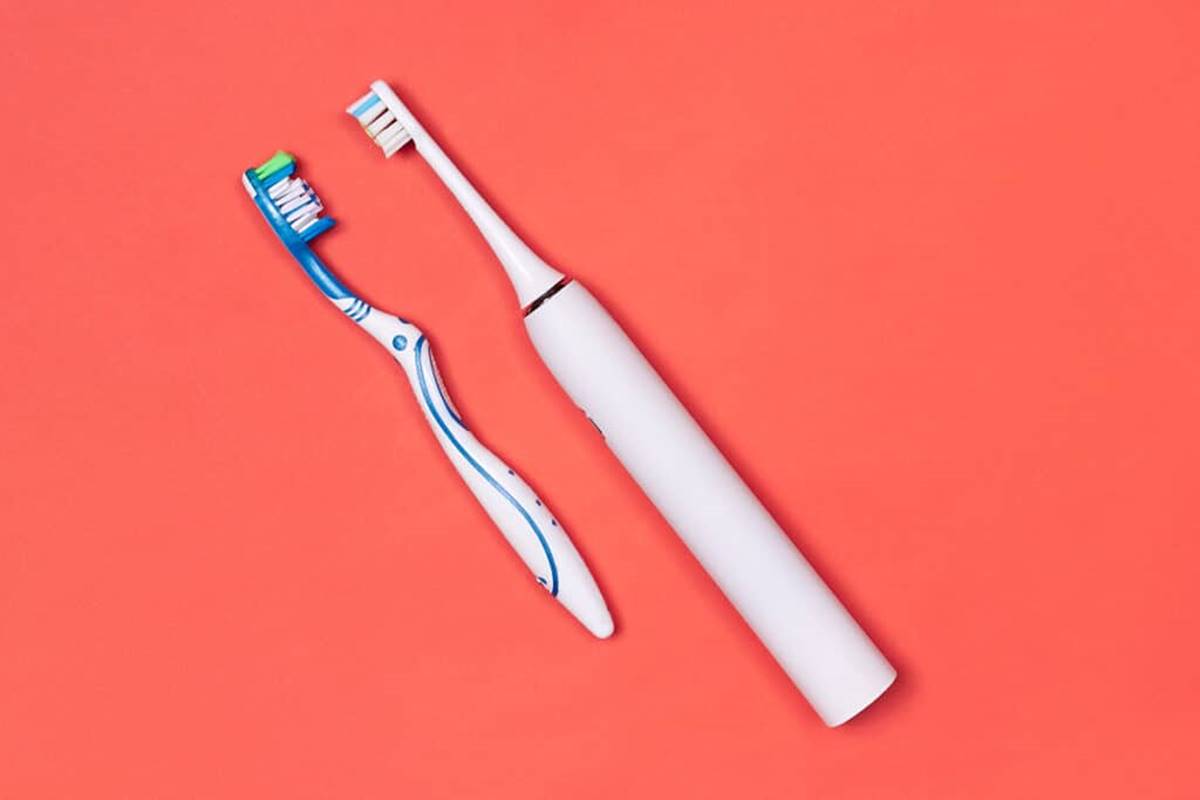
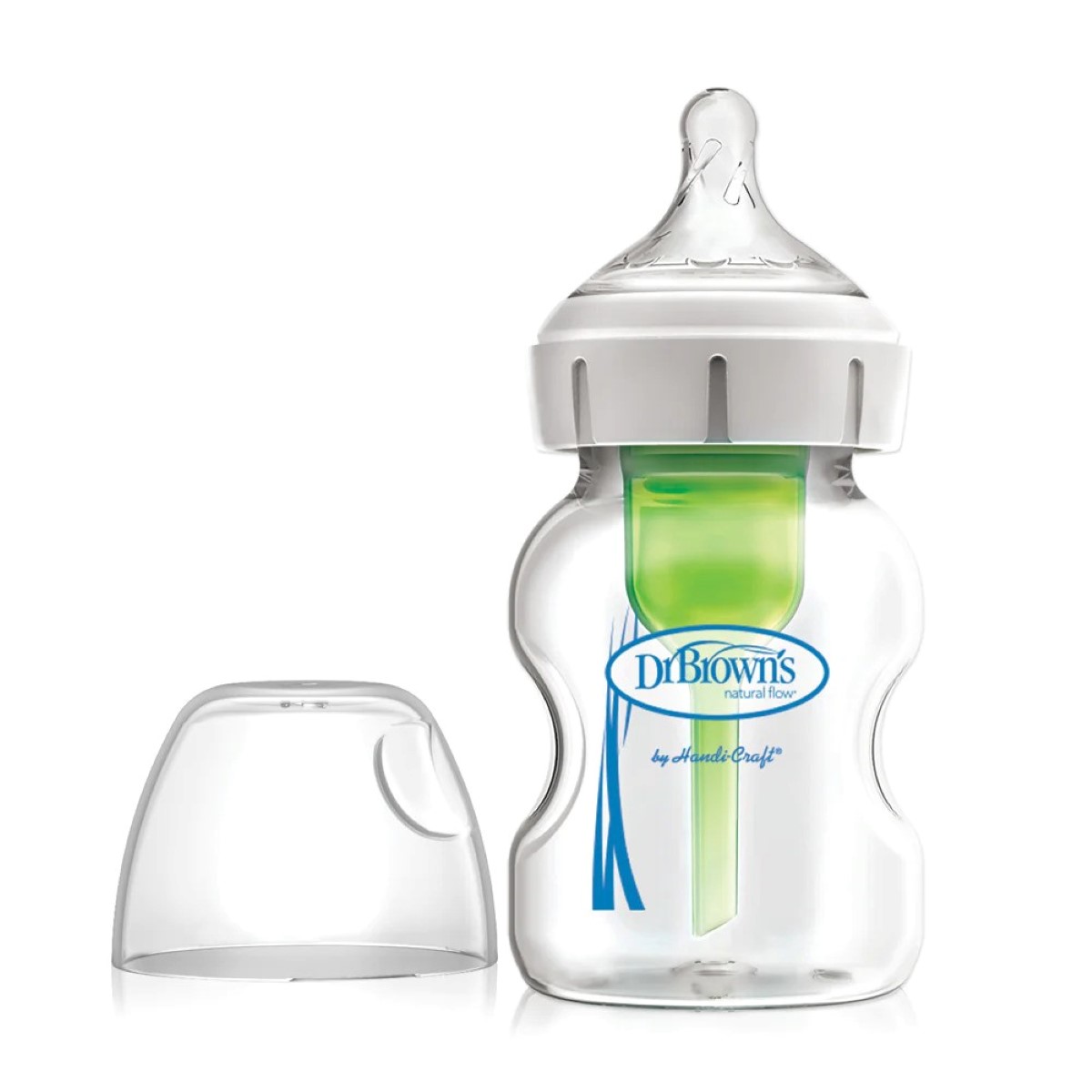


0 thoughts on “Why Are Glass Bottles Better Than Plastic”